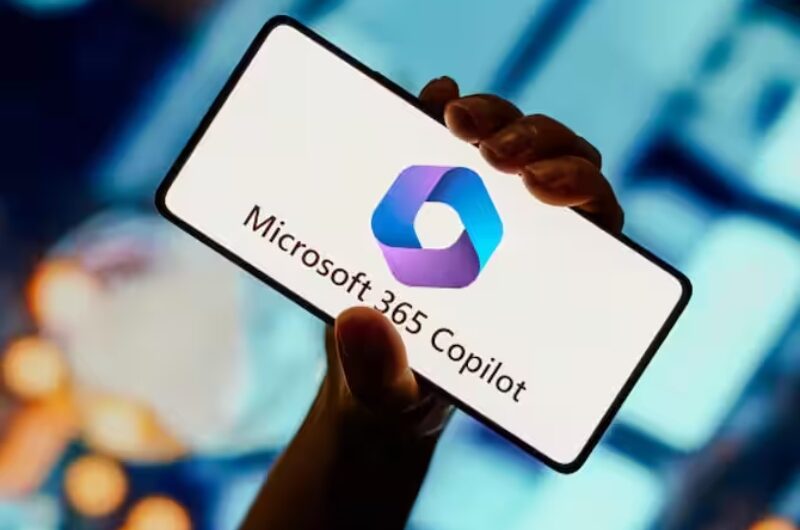His brother got him an advanced book on quantum computing when he started high school. At that point, he was certain of his career goals. Vedran Dunjko has been working closely with the Leiden Institute of Physics (LION) as a professor of quantum computing at the Leiden Institute for Advanced Computer Science (LIACS) since October 1.
Dunjko grinned and said, “I couldn’t even read that book when I got it.” Nevertheless, I was certain that was what I wanted to do. However, studying quantum computing was not possible in his native Croatia. He began his career in mathematics and eventually made his way to quantum cryptography, taking a detour into biology along the way. In 2018, he moved to Leiden. Usually, I was in the computer science or physics departments. I don’t have to make a choice for the first time because they flow into each other here.
He and Tom O’Brien founded the Applied Quantum Algorithms (aQa) group shortly after he moved to Leiden, linking LIACS and LION. One of the reasons I wanted to come to Leiden was because the city’s computer scientists and physicists were involved in quantum computing from the beginning. In a matter of years, the group grew from two to forty-five members. In reality, the five principal researchers worked together on it.
Quantum potential to practical benefit
Although the quantum computer has enormous potential, Dunjko believes that its practical applications will probably be limited to a small number of situations. In addition to wanting to know how it functions in its most basic form, I also want to know when it actually becomes useful. We have discovered a large number of abstract quantum algorithms with aQa, but it is unclear which of them actually solve real-world issues that a classical computer is unable to. We collaborate with the automotive and financial industries, for instance, to find opportunities for problem solving.
He works together with his physics colleagues as well. We search for physics problems that are beyond the scope of laboratory experiments and beyond the capabilities of a conventional computer.Given that a quantum computer is essentially a lab environment simulation, this might be the answer. We can mathematically prove the advantage in this particularly promising area. We might even be able to study novel physics with it.
A turning point in the field
The thing he enjoys doing best at work? The ability to inquire about anything I want. There is so much more to learn. I had no idea that I would land my next postdoc six years ago. Back then, quantum computing was not as popular as it is now. says Dunjko. Many researchers focus on novel or unconventional topics, and many of them never receive much attention. However, I was lucky in that quantum computing did. I am appreciative of both institutes’ assistance. This research chair represents acknowledgement in the field.
Topics #Leiden University #LIACS and LION #Vedran Dunjko











